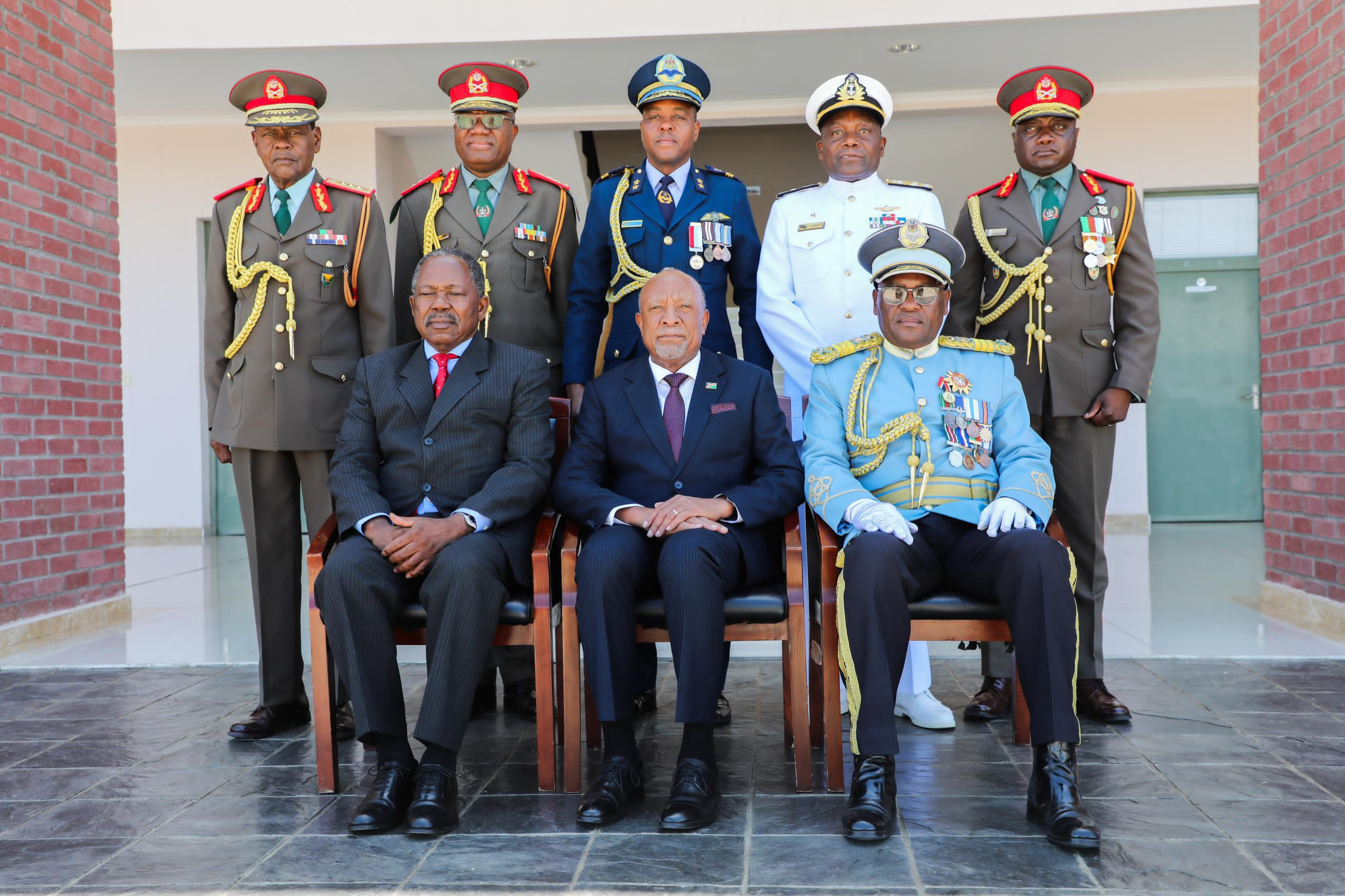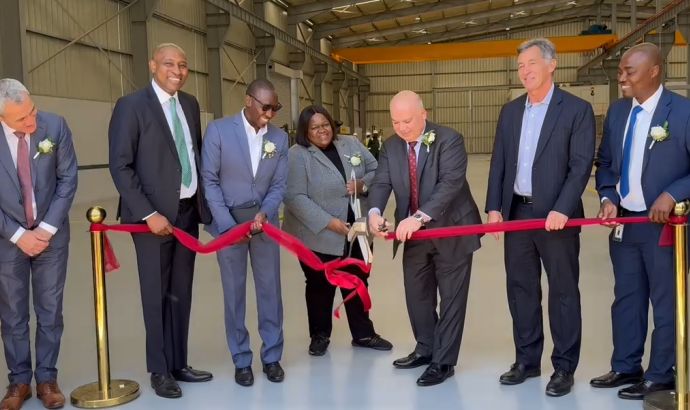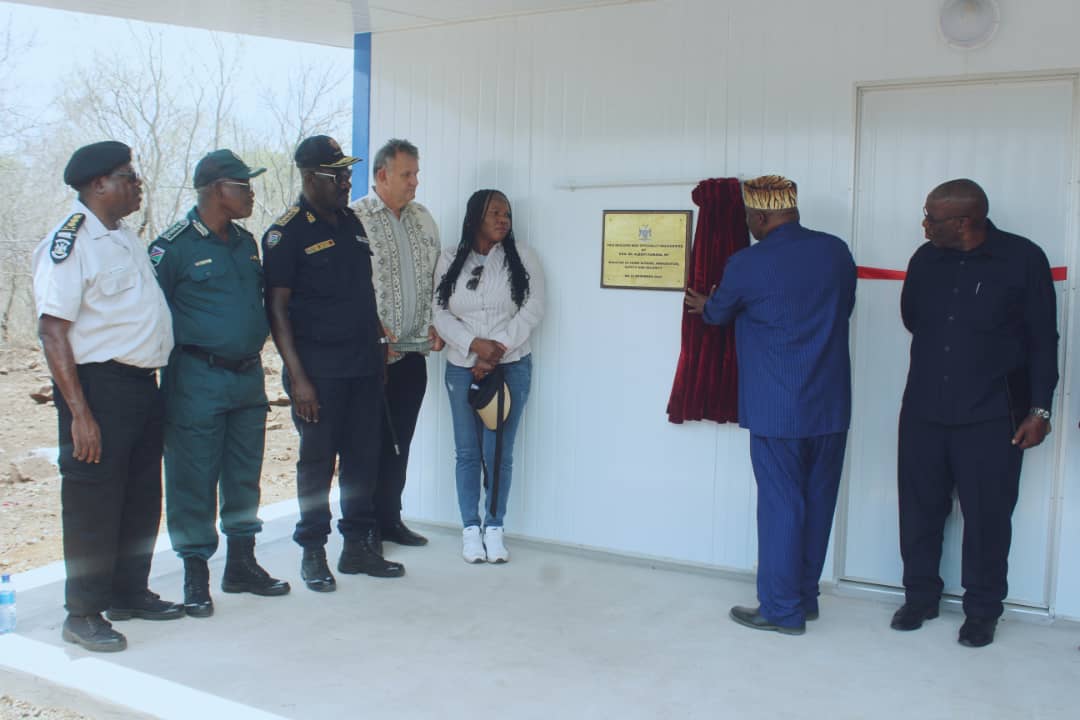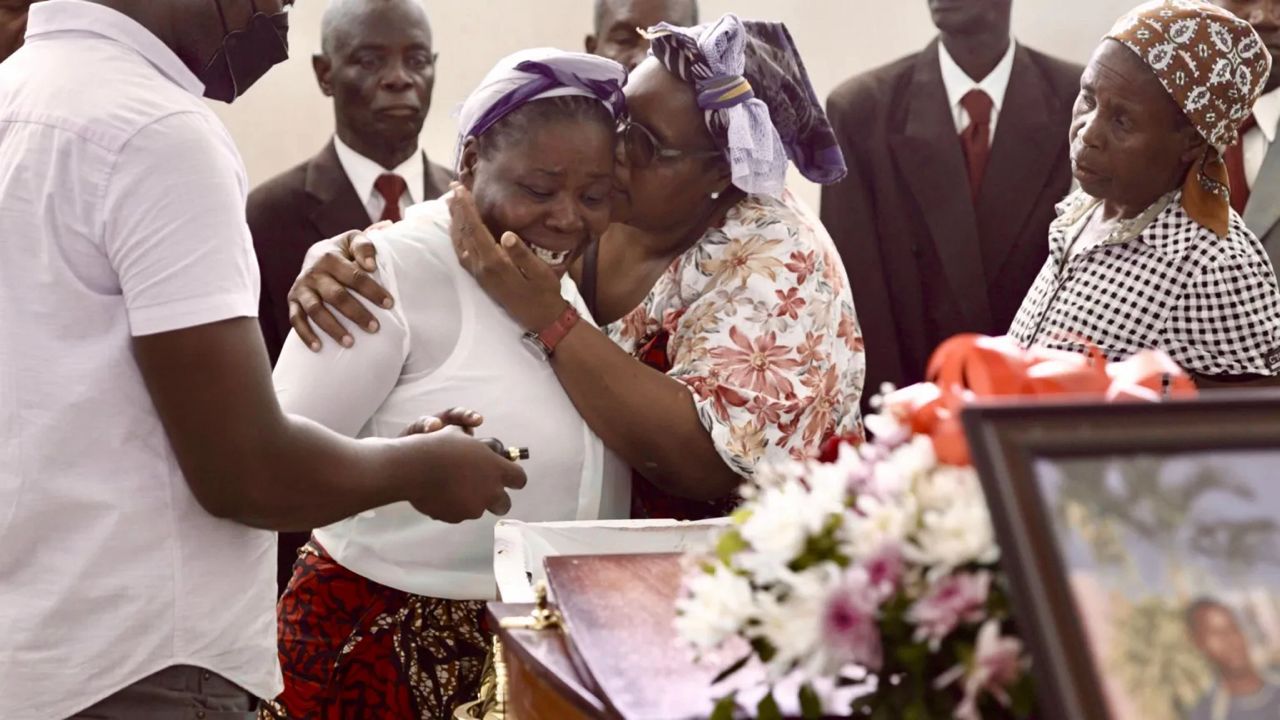The Cabinet turned down a proposal to bail out the National Petroleum Corporation (Namcor), which is in debt of over N$2 billion and faces potential liquidation.
Namcor owes N$1,1 billion to Gunvor Group, an international company that sells oil and other commodities.
These financial troubles prompted the state-owned company to beg the Cabinet for a bailout. However, the government has so far refused to assist the company crippled by ongoing power struggles and allegations of irregularities.
The Cabinet’s refusal to provide a N$2 billion bailout was partly due to the fact that the parastatal is owed over N$600 million and has been unable to collect the debt.
This is because Namcor is the only major oil company in the country that provides up to 60-day credit notes, particularly to emerging black-owned fuel distribution companies.
Other companies in the oil wholesale business sell their products on a cash-on-delivery basis.
THE GUNVOR AFFAIR
One of the standout transactions with Namcor is its dealings with the European commodity trader Gunvor Group, owned by Swedish billionaire Torbjörn Törnqvist.
Gunvor Group, which supplies fuel to Namcor, is alleged to have communicated with the state-owned company about the N$1,1 billion debt.
Namcor’s other major oil and fuel product suppliers are owed amounts ranging from N$100 million to N$500 million each.
After negotiations, Namcor was forced into a two-year exclusive fixed oil purchasing agreement with Gunvor Group.
Sources believe that Namcor will now be at the mercy of Gunvor Group and will be forced to purchase fuel exclusively from them, even when the market offers more favourable prices.
Gunvor Group corporate affairs director Seth Pietras told The Namibian yesterday that Gunvor is not Namcor’s sole creditor.
“The deal Gunvor agreed with Namcor followed a competitive procurement process and is non-exclusive. The details you have are false,” he said.
“It sounds like your sources are poorly informed and spreading bad information in the marketplace. Gunvor has a good relationship with Namcor that we hope to build upon over the long term,” Pietras said.
This new information comes at a time when the parastatal’s board further extended managing director Immanuel Mulunga’s suspension till the end of November, in what is described as a fierce power struggle between the company’s executive management and its board of directors.
These boardroom power struggles have crippled Namcor to the point that the company is now surviving on about N$10 million it receives from the Ministry of Mines and Energy as a portion of fuel levies collected from motorists.
POOR AS A CHURCH MOUSE
Last year, Namcor announced that it increased its revenue inflows from N$600 million six years ago to N$2,6 billion.
This was a champagne moment for Mulunga, who wanted to increase the revenue of the company to N$5 billion.
“I believe in the next two years we should be there. Next year, we should be very close,” Mulunga said at the time.
This turned out to be a pipe dream, after he was chucked out of Namcor earlier this year by the Jennifer Comalie-led Namcor board. However, it appears Mulunga’s removal did not help the company either.
Now, cash-strapped and struggling to meet its operational obligations has led to a section of the Cabinet concluding that the parastatal is being mismanaged or worse. People briefed about matters at Namcor, however, say the debt is historic and was under control until Mulunga’s suspension.
Trading at Namcor, which ensures the company has money to pay its bills, allegedly came to a halt as soon as Mulunga was suspended.
Mulunga is seen by his supporters as an operator who kept Namcor afloat, albeit through unconventional means at times.
However, the significant focus on Namcor this year was centred on the nasty boardroom brawl which has generated news headlines for weeks.
EMPTY TANK
Meanwhile, Namcor has told its customers to buy fuel from other petroleum suppliers.
In a letter dated 27 September, Namcor acting managing director Shiwana Ndeunyema granted permission to the company’s customers to source 95 unleaded petrol from other suppliers due to supply disruption.
The disruption reportedly came up as a result of Namcor owing N$2 billion to its suppliers.
Ndeunyema told the customers that the approval to source fuel will be granted based on two conditions.
“Customers provide daily dips/dated delivery receipt documents from the alternative suppliers for monitoring purposes for fuel delivered into Namcor equipment for the agreed period. The retailer provides Namcor with a daily wet stock sheet,” said Ndeunyema.
Namcor has partnered with several companies to build fuel service stations across the country, an arrangement that includes politically connected individuals.
Towns with service station partnerships include Windhoek, Ongwediva, Mariental, Outapi, Karasburg, Khorixas, Oshakati, Otjiwarongo and Otavi.
Namcor has so far entered into partnerships with more than 18 companies as part of the parastatal’s plan to build 33 service stations by 2024.
However, The Namibian has been informed that the process of building more service stations has now been halted due to the cash flow problems the company is enduring.
Namcor’s partner at Ongwediva is Arno Diberti. Together, they own Hanover Service Station.
“It’s a big problem. It’s the first time that has happened to me in many years in the fuel industry. The reason I partnered with Namcor was because I wanted to be patriotic and support anything local, but if I had known that things were going wrong with Namcor then I would have never done so. But let’s be hopeful that everything will get back to normal.”
Stay informed with The Namibian – your source for credible journalism. Get in-depth reporting and opinions for
only N$85 a month. Invest in journalism, invest in democracy –
Subscribe Now!






